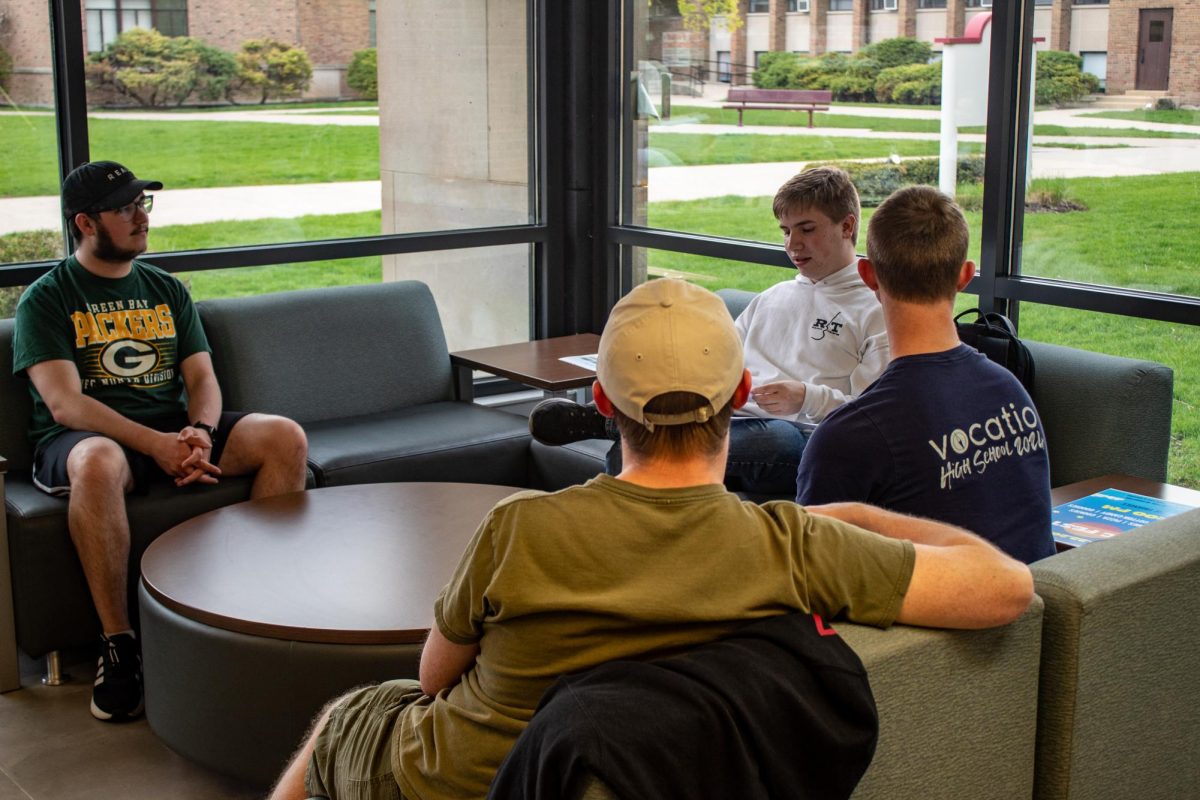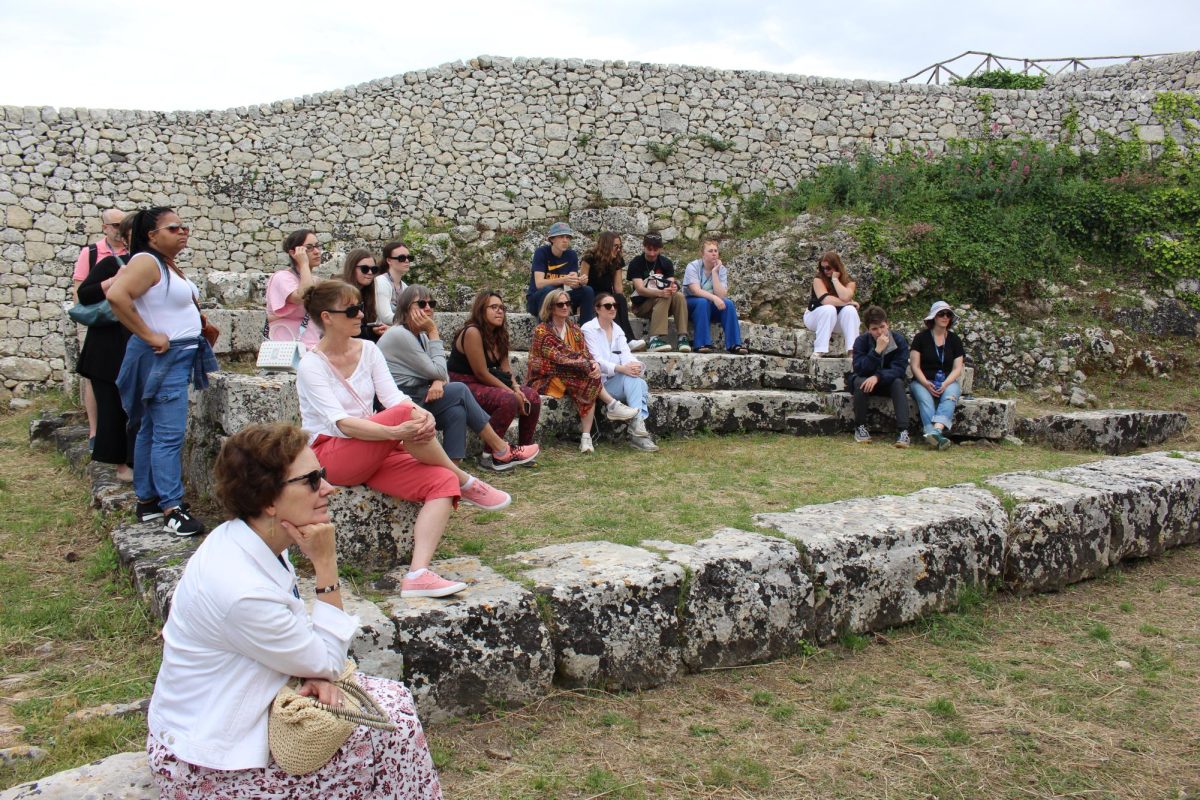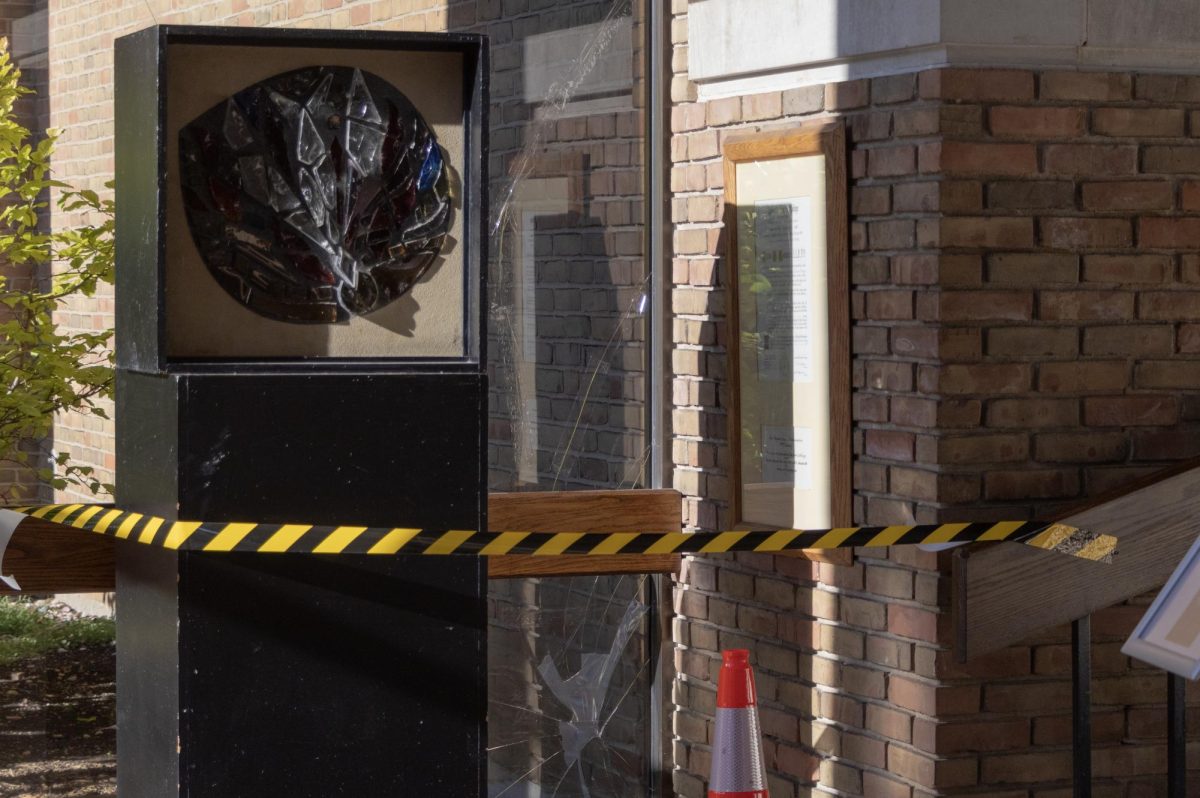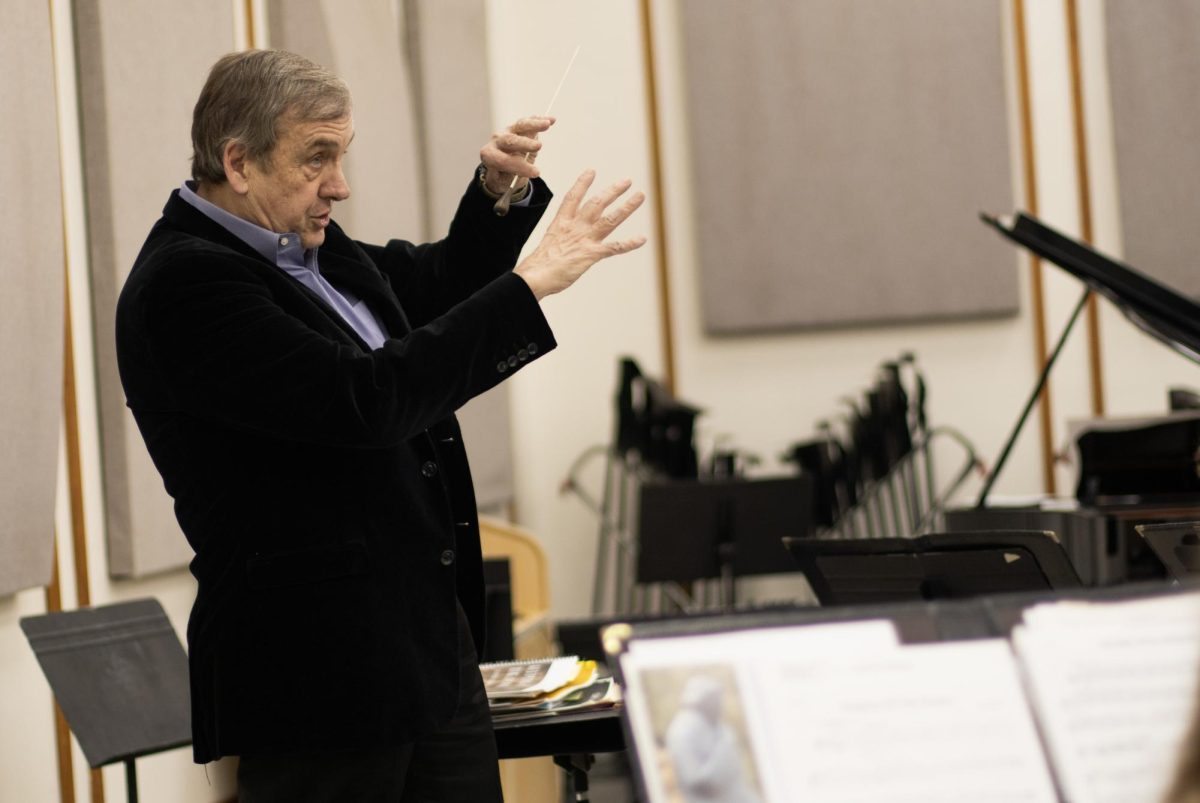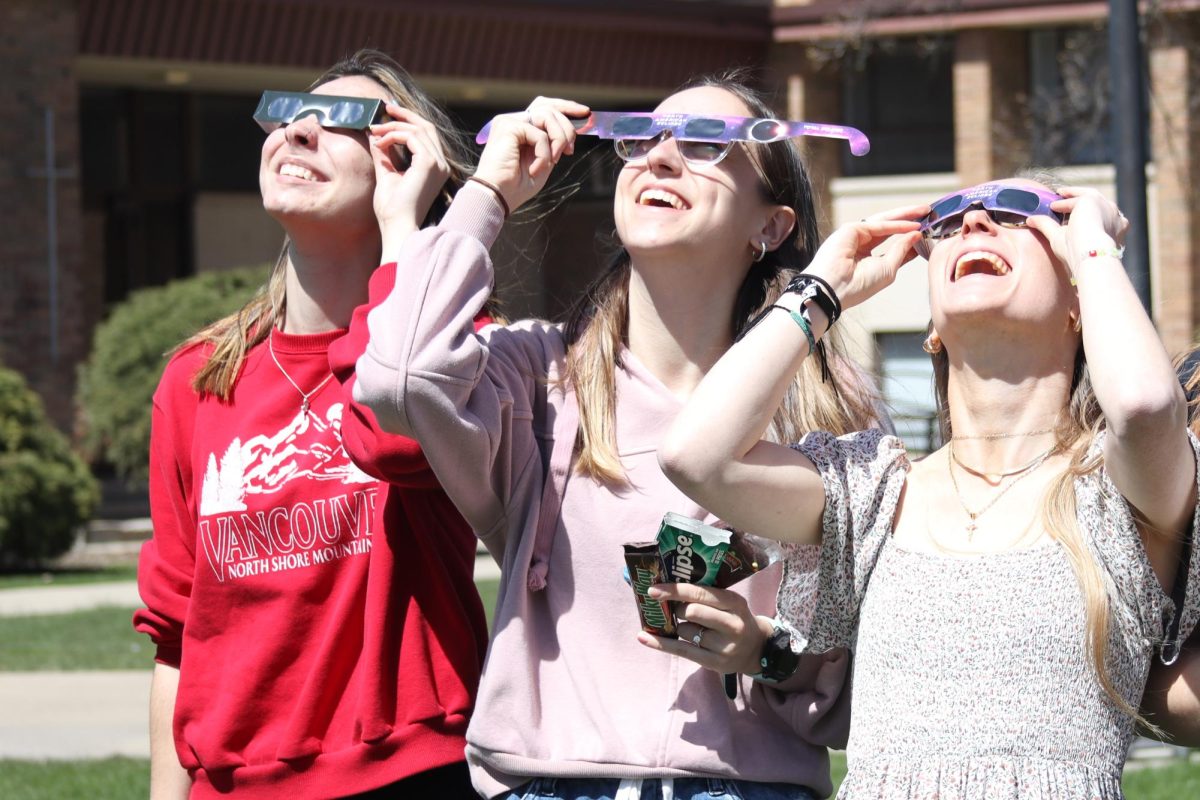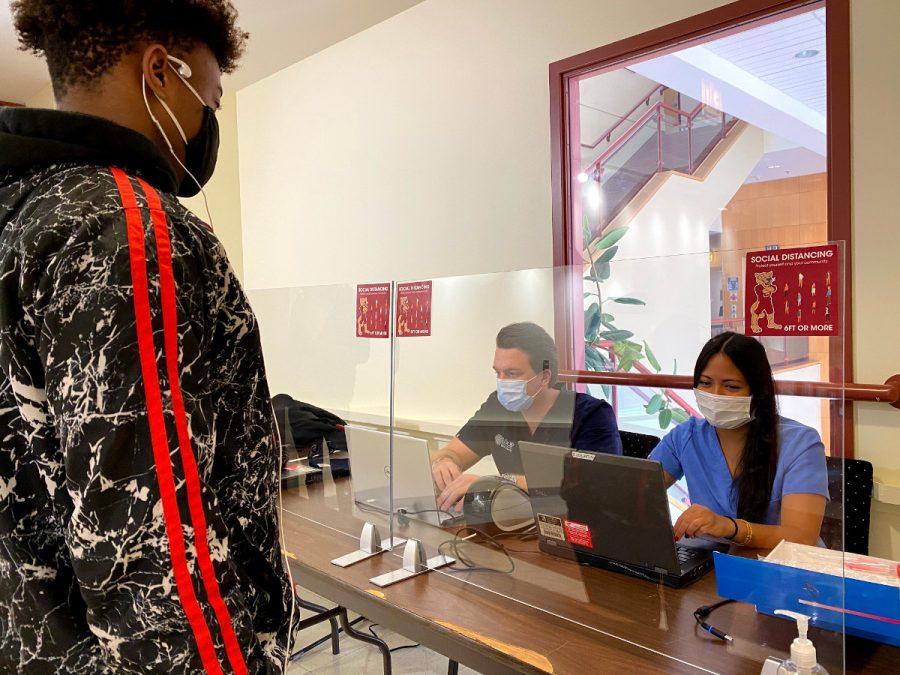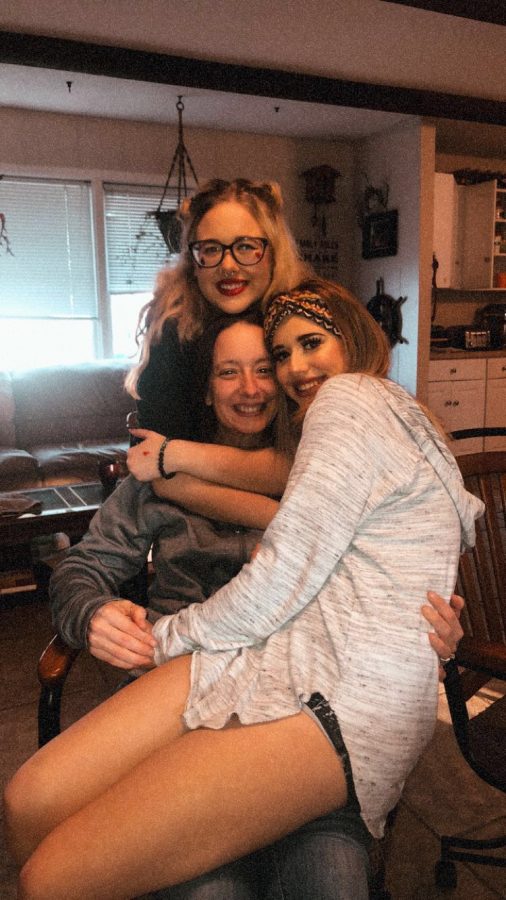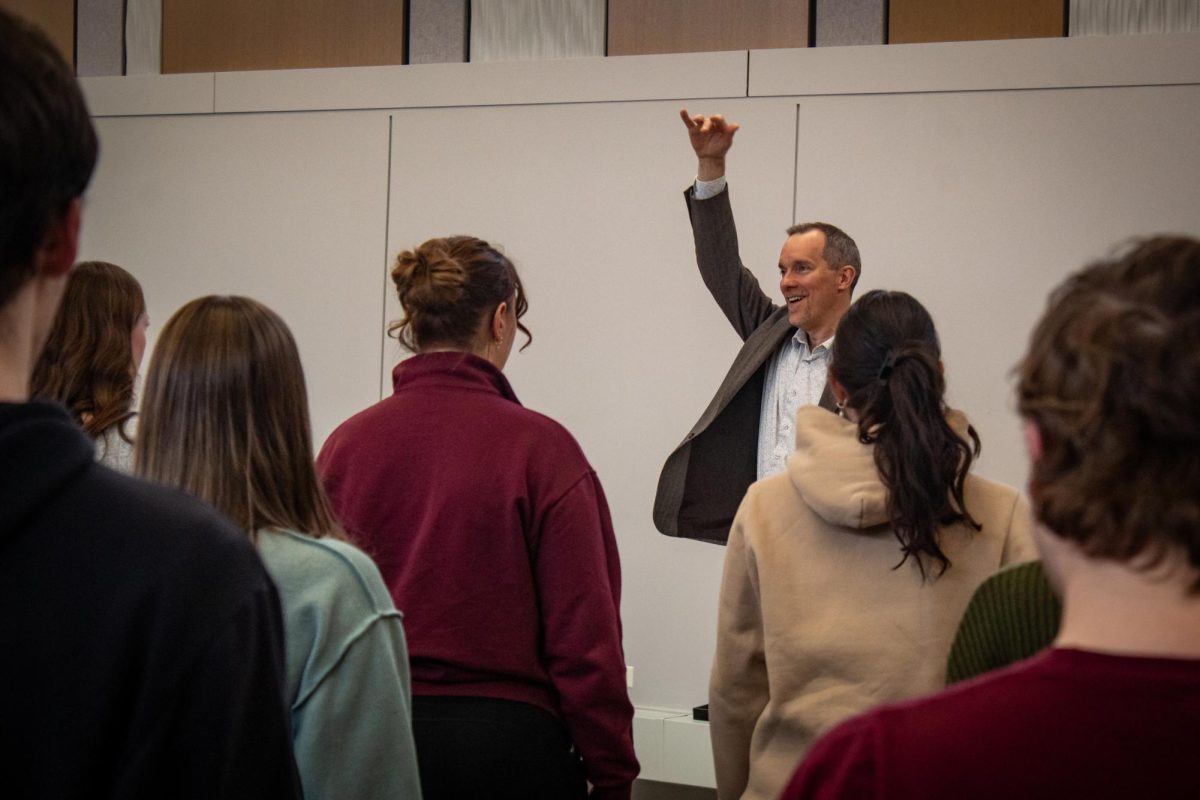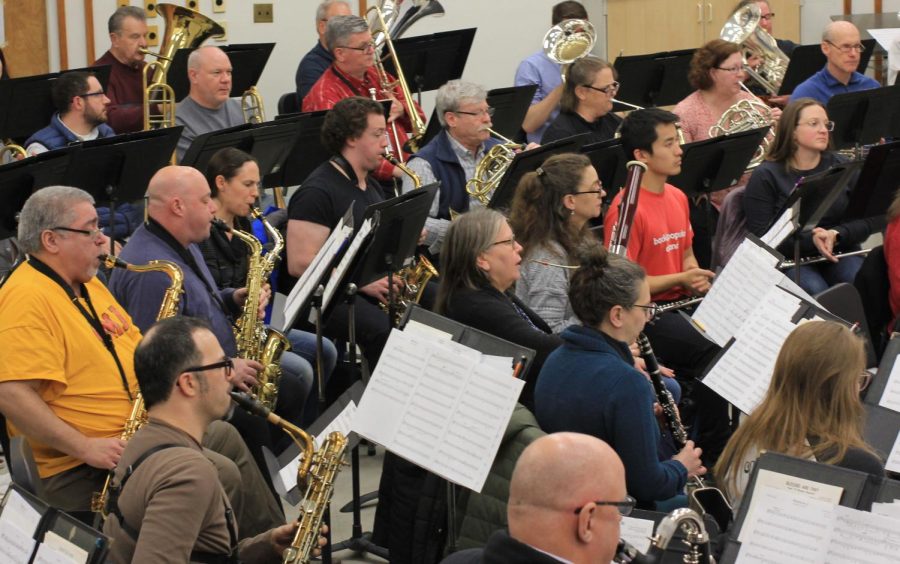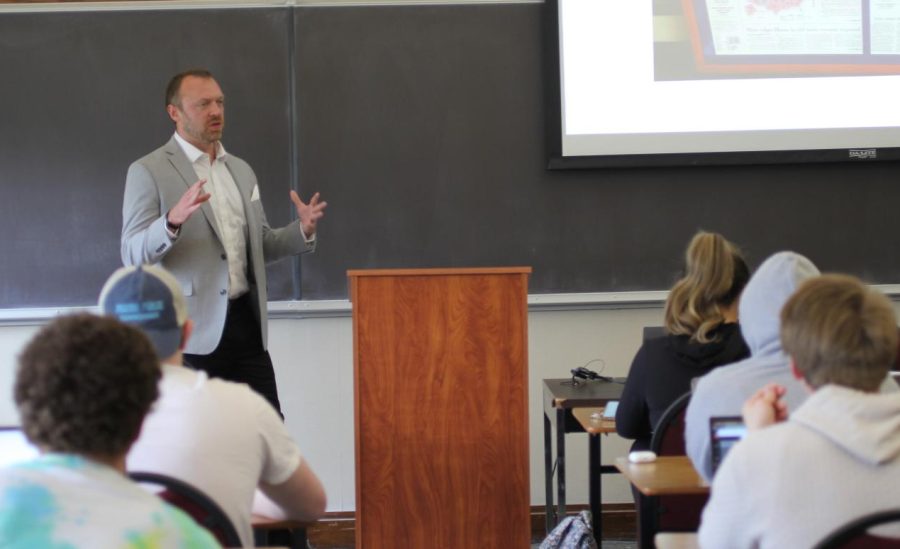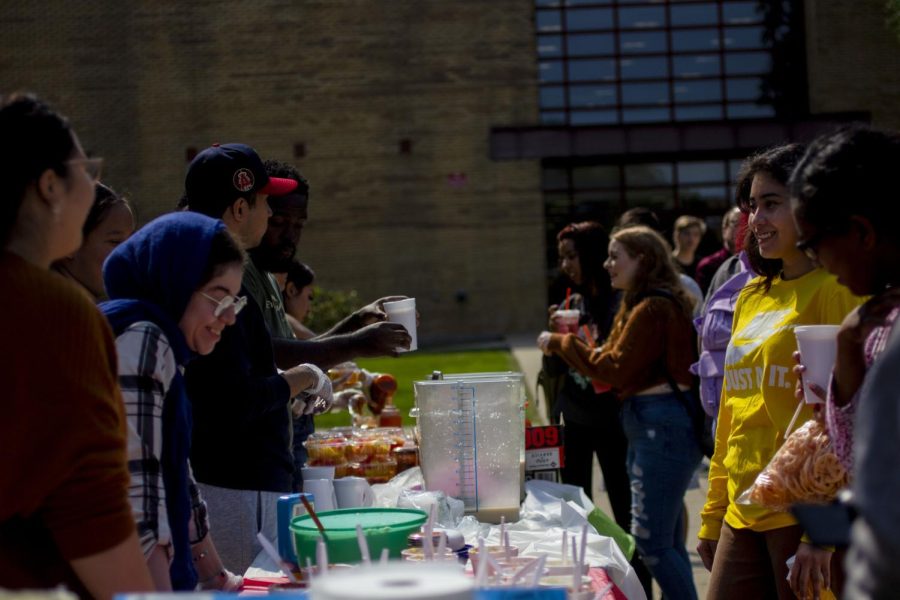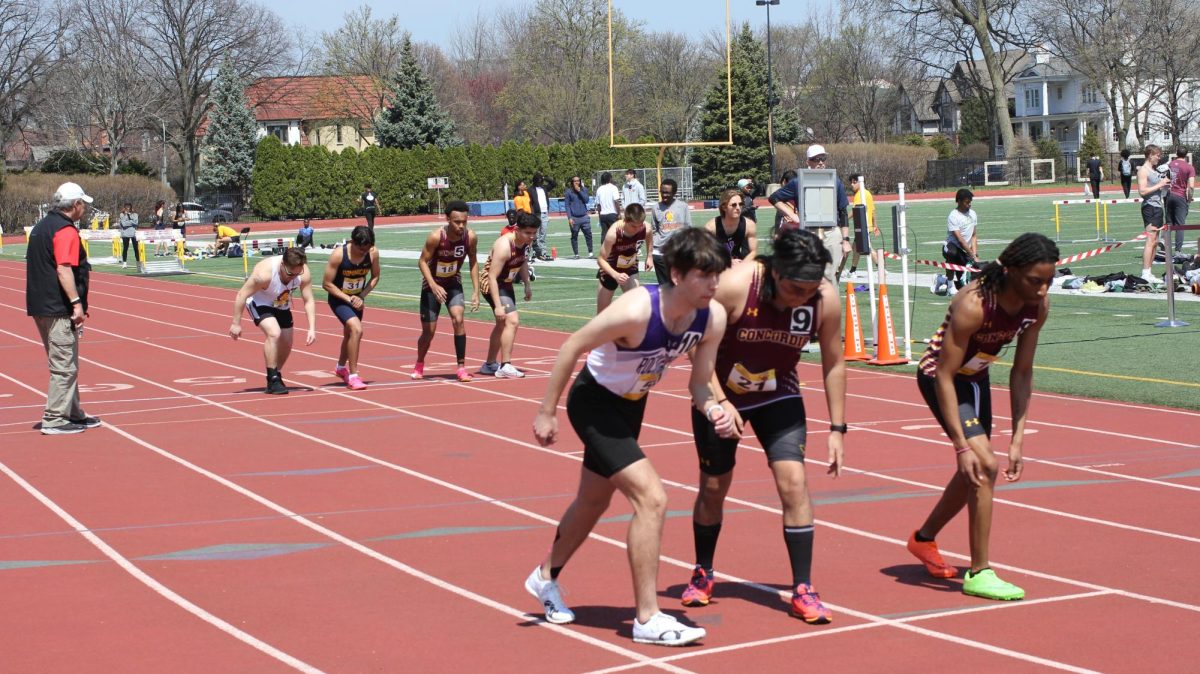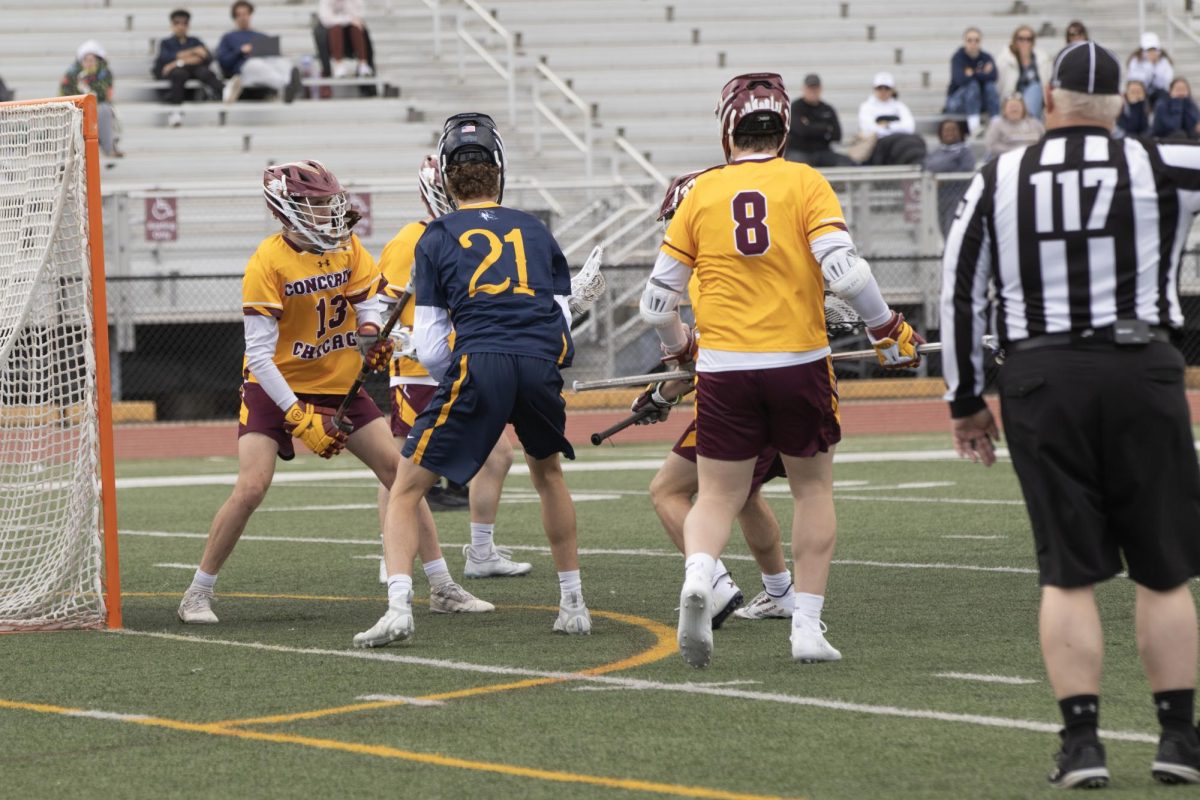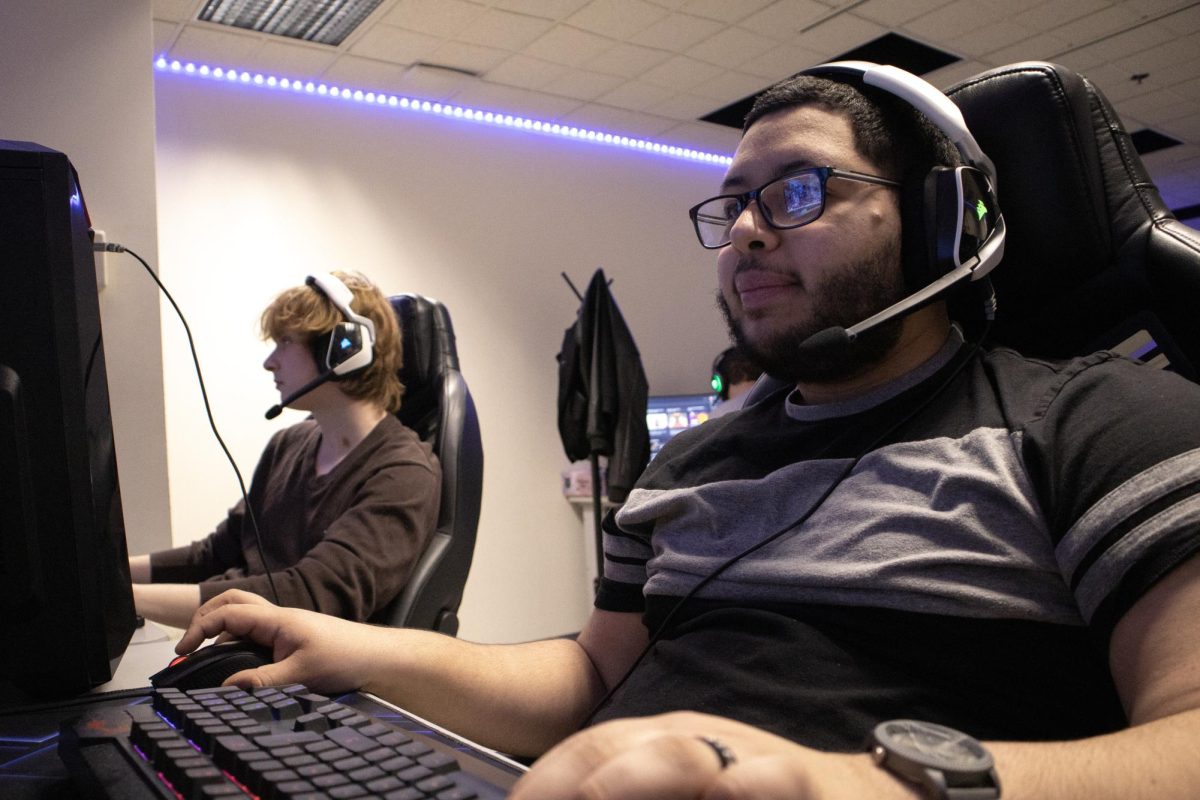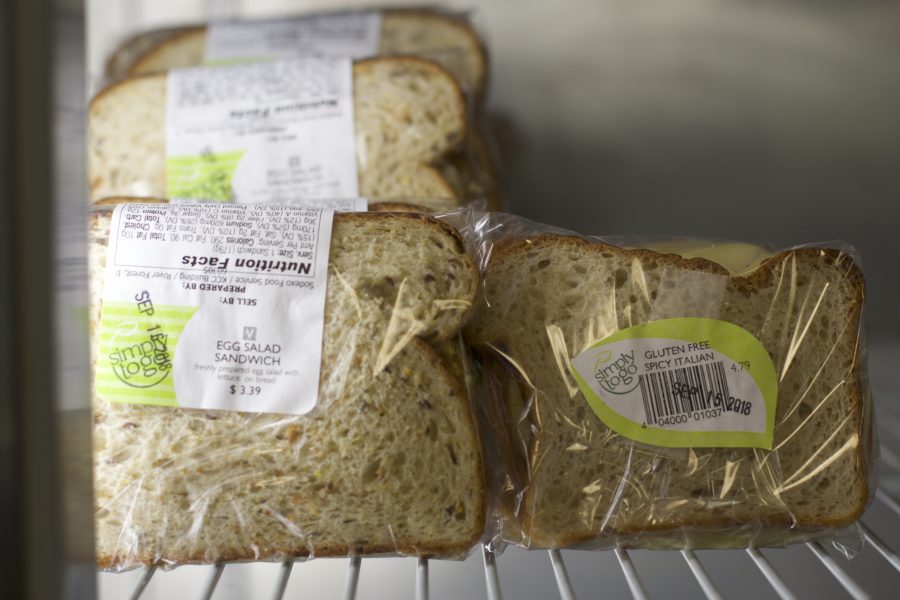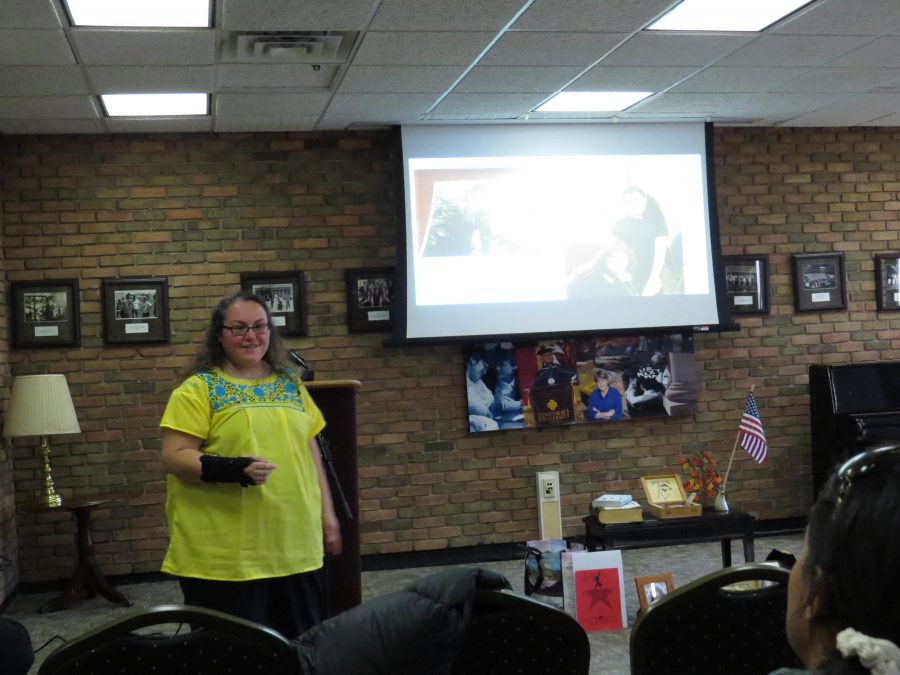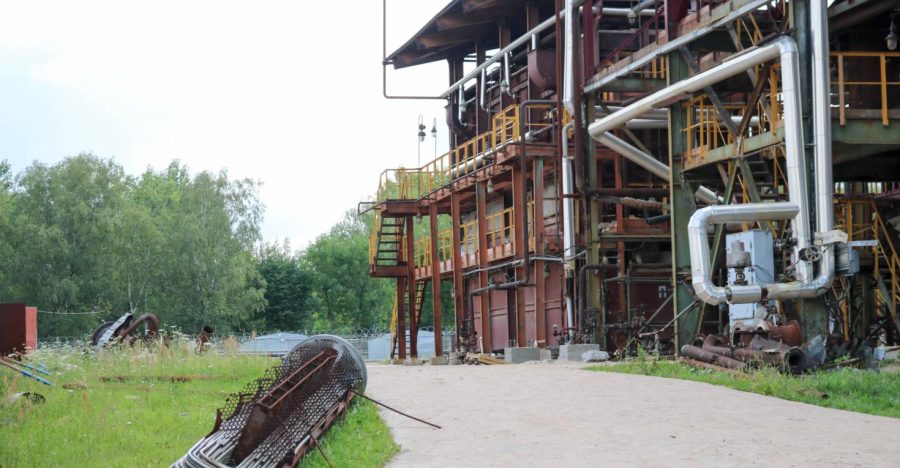By Jordan Mann
Parts one through three of this series involved interviews with people who hold partisan opinions. The following is information from sources that do not.
Who are the Kurds?
The Kurds are an ethnic group of between 25 and 35 million people living in a region of the Middle East known as Kurdistan. They are culturally connected through language, dress and celebrated holidays among other cultural aspects. The Kurds are the fourth largest ethnic group in the Middle East and the largest ethnic group lacking their own sovereign state.
Though the Kurds share a common culture they are not a monolithic group, they hold varying political ideologies, beliefs and to a small extent religion. The majority of Kurds, about 98%, are Sunni Muslims. The remaining 2% are made up of Christians, Jews, Yazidi, Zoroastrianism’s, and Alevi’s. Most Kurds live in the Kurdistan region. Germany has the largest population of Kurds living outside Kurdistan, between half a million and 800,000 thousand people. Most Jewish Kurds fled to Israel, as did most Jews in all Muslim countries after 1948. There are about 200,000 Kurdish Jews living in Israel, a handful reside in Kurdistan.
Germany has the largest population of Kurds living outside Kurdistan, between half a million and 800,000 thousand people. Most Jewish Kurds fled to Israel, as did most Jews in all Muslim countries after 1948. There are about 200,000 Kurdish Jews living in Israel, a handful reside in Kurdistan.
As noted in earlier articles, the Kurds have been and continue to be persecuted by the four governments controlling Kurdistan with the exception of Kurds in northern Iraq. In northern Iraq, under the Kurdistan Regional Government (KRG) the Kurds have flourished. The building of infrastructure, schools, hospitals, international airports and industry has been progressing quickly, though it has slowed recently due to an invasion by the Islamic State.
The Kurds and Women’s Rights
Unlike most of the governments in the Middle East the Kurds promote the civil rights of women. The two main ideological leaders of the Kurds: Mustafa Barzani, leader of the KDP until his death in 1979, and Abdullah Ocalan, leader of the PKK, currently serving a life sentence in a Turkish prison, have promoted the rights of women. This attitude has allowed women to become soldiers for Kurdish groups throughout Kurdistan. Most reports state that the female military units fight very bravely and have helped Kurdish armed forces make significant progress in the conflict with the Islamic State.
The Kurds and Turkey
The government of Turkey, like all the governments controlling Kurdistan, has persecuted the Kurds. The present government says that persecution has stopped, most Kurds and Middle East scholars disagree. In 1984 the PKK began fighting for Kurdish rights in Turkey. Since that time between 40 and 50 thousand people have died on both sides of the conflict. There have been intermittent cease fires. In 2015 the most recent cease fire and peace talks collapsed. The collapse brought renewed conflict between the PKK and Turkish forces. Turkey, the U.S. and many western countries consider the PKK to be a terrorist organization.
In the November 2015 election, pro-Kurdish parties secured a surprising number of seats in the Turkish parliament. In response, the government passed a constitutional amendment stripping members of parliament of immunity from prosecution. Many political pundits see this as a move to control, intimidate or remove recently elected pro-Kurdish politicians.
The Democratic Union (PYD), the Kurdish government in Syrian Kurdistan and The Peoples Protection Units (YPG) the military arm of the PYD are being supported by the U.S. coalition forces (abet minimally) in their fight against the Islamic State. Turkey considers the PYD to be part of the PKK and has been bombing YPG units in Syria. Turkey is part of the U.S. coalition, but disagrees with the coalition regarding coalition support of the PYD. Turkish officials have stated publicly that there will never be an independent Kurdistan in Syria.
The Kurds and Iran
There is less reliable information about Iranian Kurdistan; the government of Iran strictly controls information from the area. Recently, there have been stories in the press, released by Iran, that describe fighting between the Iranian armed forces and Iranian Kurds.
The purpose of these articles is to offer a brief enlightenment of the Kurdish people. A great deal of information and many Kurdish groups have been left out of the narrative. The Kurds and Kurdish politics, as true of all peoples and their politics, is very complicated. The Kurds are not a monolithic group, internecine fighting between groups is ongoing. While many Kurdish forces are assisting in the fight against the Islamic State, there are Kurdish Islamist groups and it is estimated that hundreds of Kurds are fighting for the Islamic State.
Bibliography
BBC News. (2016). Who are the Kurds? http://www.bbc.com/news/world-middle-east-29702440
Council on Foreign Relations. (2015). Who are the Kurds? Newsweek. http://www.newsweek.com/who-
are-kurds-340029
Lieber, Dov. (2016) Iraqi Kurdistan Sees a Jewish Revival, Thanks to the Islamic State. TheTimes of Israel.
http://www.timesofisrael.com/iraqi-kurdistan-sees-a-jewish-revival-thanks-to-the-islamic-state/
Mohamed , Besheer. (2014). Who are the Iraqi Kurds? Pew Research Center.
http://www.pewresearch.org/fact-tank/2014/08/20/who-are-the-iraqi-kurds/
Posch, Walter. (N.D.) Between Extremism, Political Violence, and Strategic Challenges (Part 1 and 2).
OMZ. https://www.oemz-online.at/display/ENSPACE/The+new+PKK+Part+1#_ftn5
Posch, Walter. (2016). Kurdish Aspirations Between Self-Determination and Geopolitics. Austrian
National Defense Academy Vienna.
The Washington Post Company. (1999). Who Are the Kurds?
http://www.washingtonpost.com/wp-srv/inatl/daily/feb99/kurdprofile.htm
Yeginsu, Ceylan. (2016). Turkish Parliament Approves Stripping Lawmakers of their Immunity. The New
York Times.
http://www.nytimes.com/2016/05/21/world/europe/turkey-parliament-immunity-kurds.html?_r=2
Comments are welcome. Please send comments to theuniversaltribune@gmail.com

